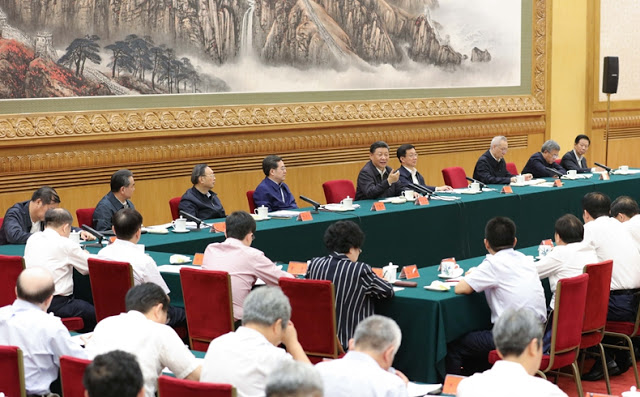Ahunna Eziakonwa, Assistant Administrator and Director of the Regional Bureau for Africa, United Nations Development Programme (UNDP), has called for better management of Belt and Road Initiative (BRI), to reduce costs of doing business between China and Africa.
She told Xinhua that if well managed, it could significantly reduce costs of doing business while strengthening ties at the same time.
China and Africa have a long history of development cooperation, which has greatly intensified in the past decade, Eziakonwa, said.
China’s trade, direct investments and loans in Africa have grown multiple folds, she said.
China accounted for about 25 per cent of Africa’s global trade in 2015, with African exports to China rising from less than 20 billion U.S. dollars in 2005 to about 110 billion dollars in 2014, she said.
This phenomenon, which contributes to Africa’s growth, is also helping to sustain China’s growth momentum, Eziakonwa said, and added that this partnership, if well managed, could catalyse the achievement of the 2030 Agenda for Sustainable Development.
The China-Africa partnership could be used to remove bottlenecks and binding constraints on Africa’s development, the UN official said, adding that poor infrastructure, over-dependence on primary commodity, low agricultural productivity and weak investment in technological capacity are among binding constraints on Africa’s inclusive development.
Quality infrastructure is needed to move toward industrialization, create jobs for the unemployed youth and women, and bridge the development divide between rural and urban areas, she said.
“Africa must use its partnership with China to leverage quality infrastructural development in such areas as roads, railways, water, telecommunications and energy in order to expand regional connectivity and integration,” she said.
“To make this a win-win partnership, it must be driven by African countries’ national development priorities, the Programme of Infrastructure Development for Africa and Agenda 2063,” she said.
The associated projects should be economically viable and sustainable to Africa, she said.
Africa should accelerate national and regional value chain development through economically viable industrial clusters and special economic zones; close knowledge and technological gaps; and modernize its agriculture in the process toward industrialization, Ahunna said.
She added that climate change and the conservation of its natural resources, in particular the environment, are also important to Africa.
Focusing Africa’s partnership with China and others on these strategic issues will put Africa on a sustainable development pathway, and simultaneously help China meet its huge energy, excess domestic capacity and economic needs, Ahunna said.
The Belt and Road Initiative (BRI) is the biggest project of the 21st century, providing broader opportunities for international cooperation.
“There are no other projects in the world like the BRI which connects (about) 70 countries across Asia, Africa, Europe and Oceania,” Dashdorj Bayarkhuu, a professor at the Mongolian Diplomatic Academy, told Xinhua in a recent interview.
According to him, under the BRI framework, international cooperation in areas including infrastructure and the economy could benefit the whole world.
This year marks the fifth year since the BRI was first put forward by Chinese President Xi Jinping in 2013 to expand cooperation and relations between China and other countries.
Source: Xinhua





